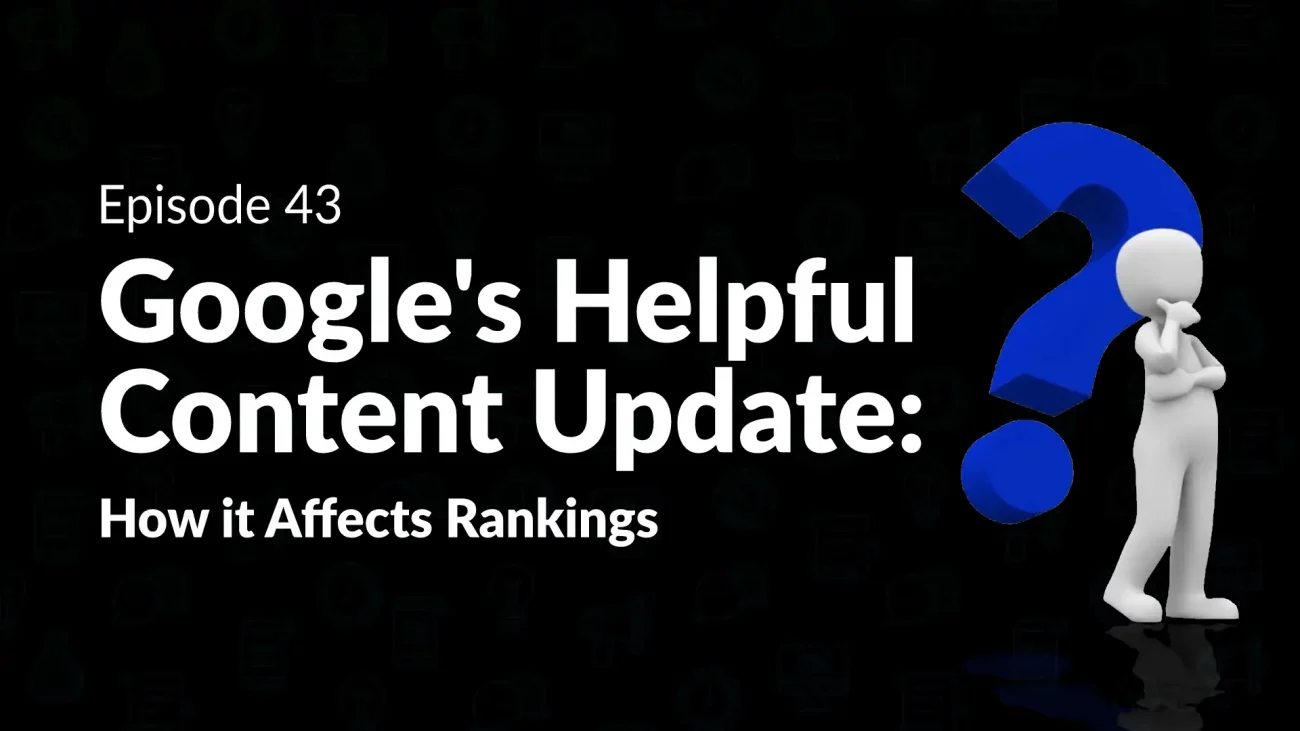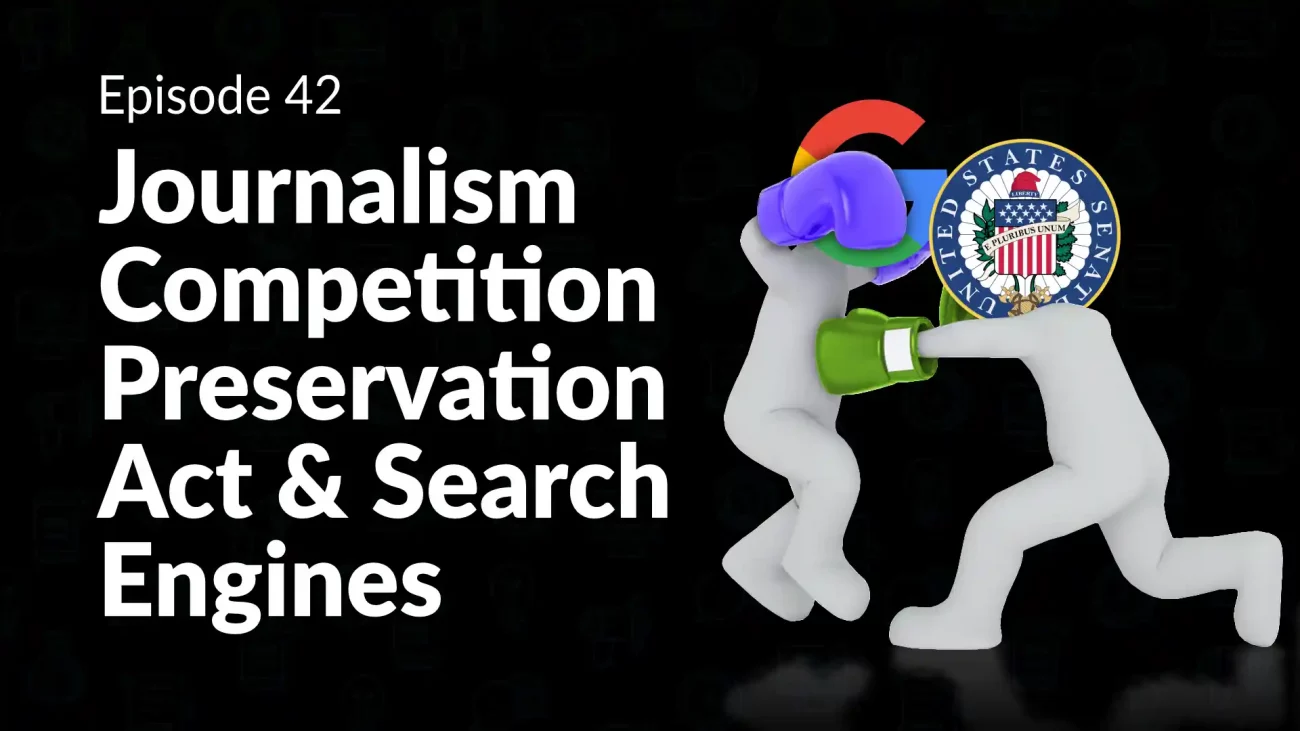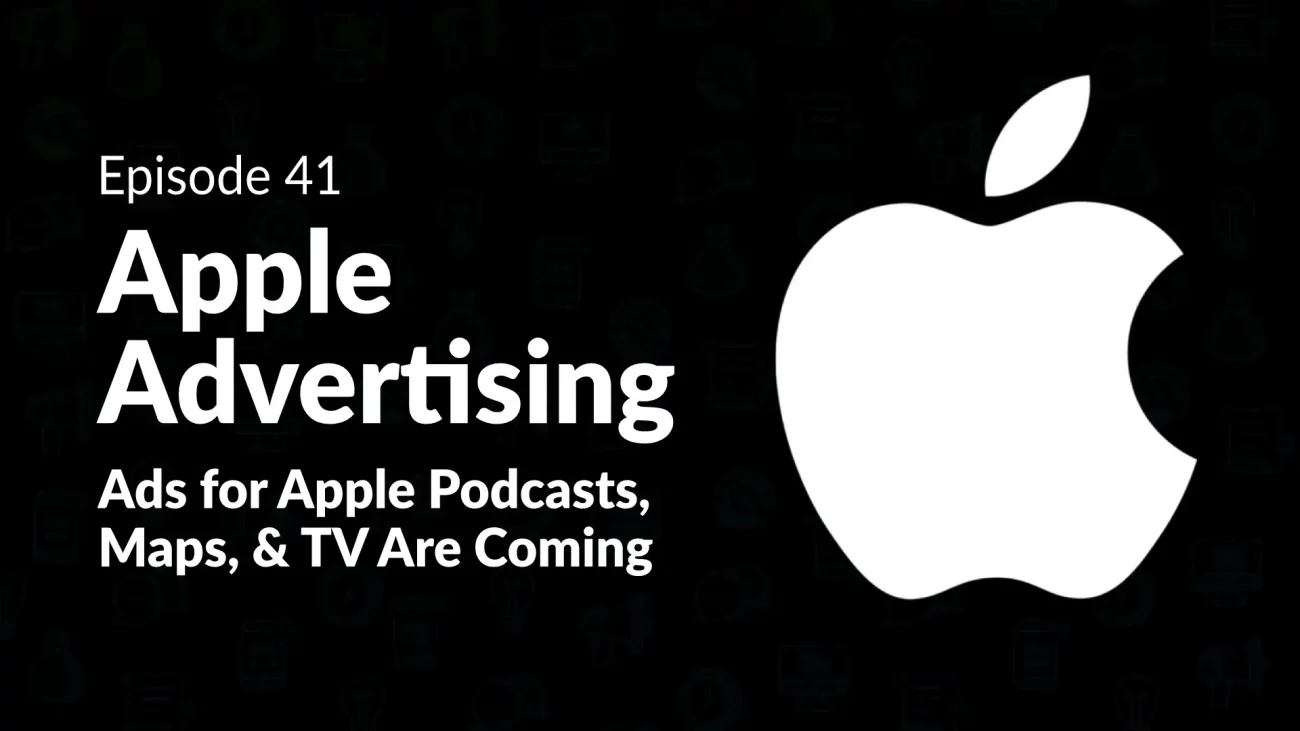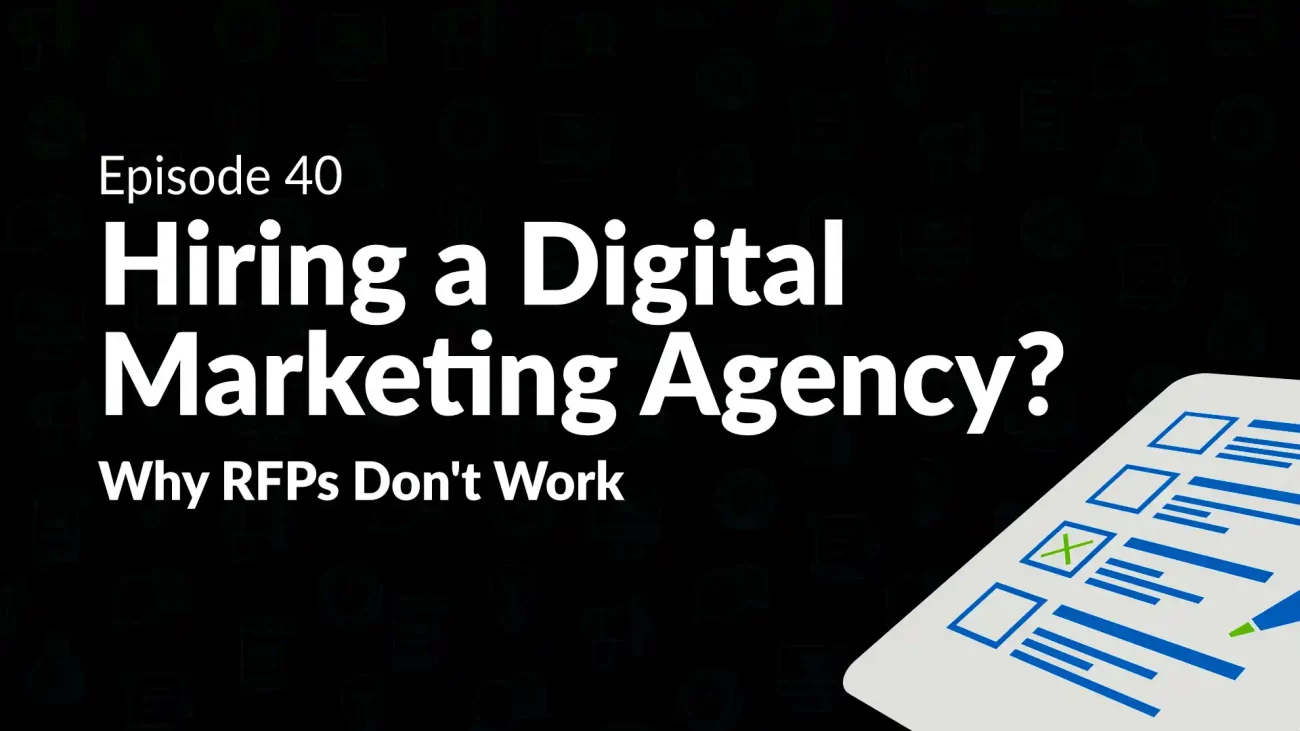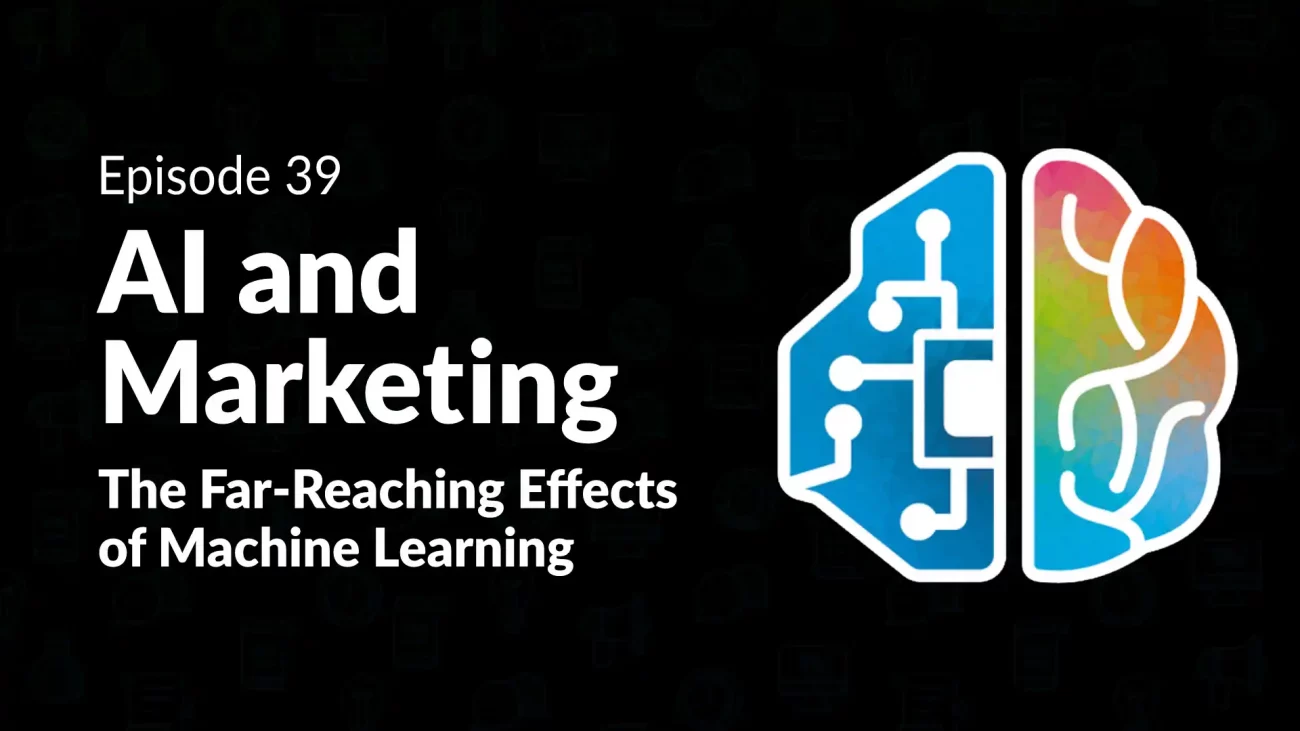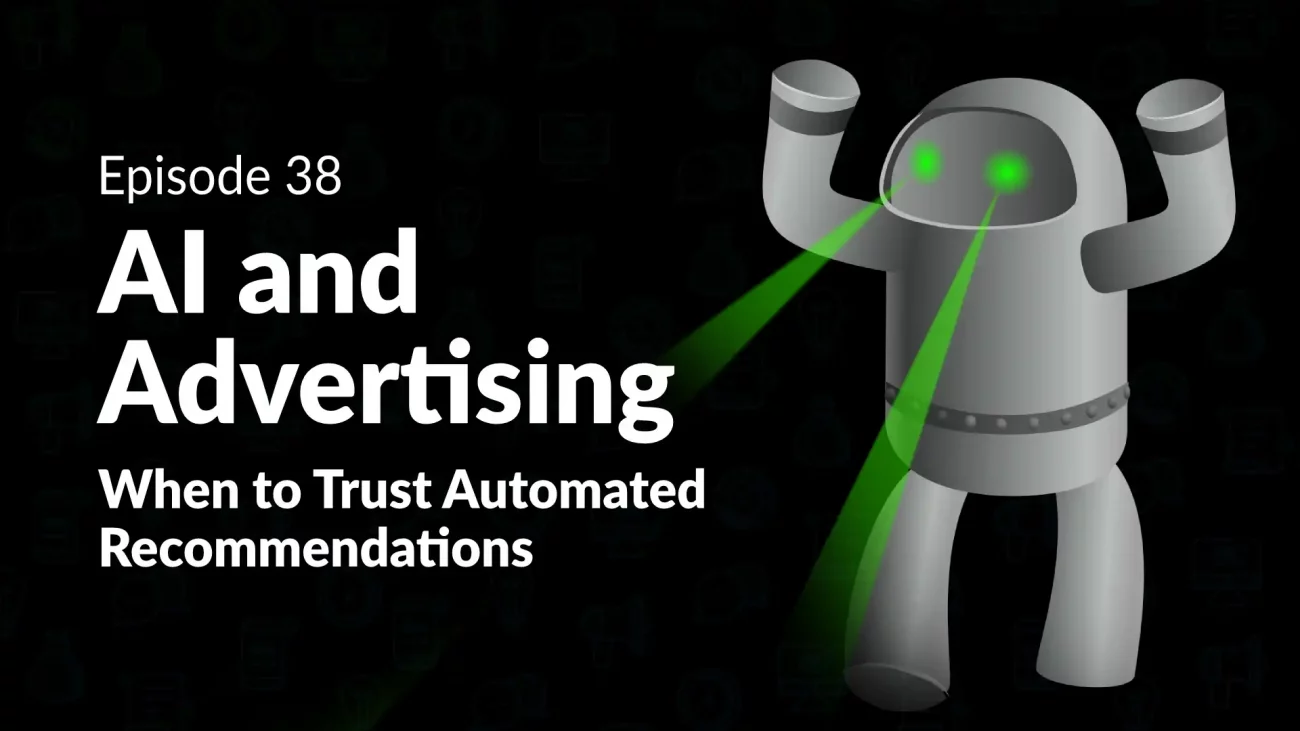Episode 1: Google Chrome Delays Removal of 3rd-Party Cookies
In this episode, Hans and Devin discuss Google’s decision to delay their removal of cookies from the Chrome browser.
Transcription:
Devin: Hey everybody, thank you so much for tuning in to Digital Marketing Mondays. My name is Devin Littlefield.
Hans: And I’m Hans Riemer.
Devin: And today we’re going to be talking about a lot of exciting things, but before we dive into that I want to remind everybody Digital Marketing Mondays is a show designed for marketers to be able to help inform them on weekly marketing news. We bring you the latest insights and our unique perspectives on what’s happening in the marketing world and what you need to be doing to help modify your tactics on a day-to-day basis in order to achieve the best marketing and business results. With that, Hans, what do you have for us today?
Hans: Well, also Devin I’ve got right here a little note that we found out that Google is planning to delay the removal of their cookies in late 2023. Why don’t you tell us a little bit about what they were planning to do, Devin, and what does this change of plans mean to our fellow marketers out there?
Devin: Yeah, and it’s actually a pretty funny story all the way around, because Google, in this kind of hype to keep up with Apple essentially, with all of their privacy things they’ve been releasing recently, Google decides, hey we’re going to disable third-party cookies from the Google Chrome browser. And in relatively short notice, the original timeline was to be removing them by January of 2022. So, as marketers we did not have a lot of time to actually deal with these changes and what was going to be happening.
I think there’s probably a big sigh of relief in the industry seeing that this is moving to 2023 now, and they just vaguely said, “Late in 2023,” so it’s not even clear when that is. But I think a lot of people are excited for this change. It gives them a little bit more time to breathe and continue to see what happens.
Hans: What effect would this have had on advertisers, if Google were to implement the changes they were planning to implement, what effect would this have on people?
Devin: The hard part of trying to answer that question is it’s partially unknown, right?
Hans: Okay.
Devin: Because advertising, especially for any type of re-targeting campaigns or certainly just for understanding behavior on websites, it largely leans in on third-party data. And third-party data, with having removed that, it’s going to then mean that there’s a heightened priority onto first-party data, of course, which means that it’s owned data, by you, the organization, the business, whatever. The challenge here was that they also… When they came out with this first announcement, they also simultaneously talked about FLoC, or Federated Learning of Cohorts, which was essentially Google’s way of saying, “AI is going to just amalgamate the data and just generalize it.”
Effectively not to be that much different from Affinity audiences, for anybody who is familiar with that from Google Ads in particular, basically just giant buckets of people in terms of general interests. But the problem was there were no studies about FLoC, there was very limited understanding or even confusion in the industry about what FLoC was or really how it worked, and so I think Google did not do a ton of due diligence in this regard, and this was one of the many reasons why they did decide to kind of push back. But really the goal in the future is going to be leaning in on FLoC and then first-party data, which is still something that I think companies should be focusing on.
Hans: I see, so are advertisers going to have less information to go on in terms of measuring campaign success and engagement and things like that? What’s the overall effect here of this change?
Devin: Sure. I think advertisers will still get data, but it’s going to look a little bit different. I think automation is going to become a much bigger priority for Google moving ahead, and this is slightly generalizing here, but with regards to this update what’s going to happen is that Google is going to obfuscate the data in such a way as to say, “Here are these general buckets of people that visited your website previously based on their interests.” So, we’re still going to see some top line metrics as it relates to it, but a lot less specifics about more of exactly what pages were visited and things of that nature.
Obviously, Google Analytics will keep tabs on a lot of that, but it’s now much more limited in how we target people from the Google Ads perspective. It’s going to be interesting to see… Google has to come up with a lot more stuff for advertisers to cling on to, and add a lot more clarity around FLoC, I think, before removing third parties will truly be an effective method, for Chrome in particular. Plus, they also stand to benefit from gaining another year and a half worth of data, of users, really.
Hans: Now, why do you think they were doing this? Was this supposed to improve the privacy of web browser… People using their browser?
Devin: Yeah, truthfully I think they were just trying to follow suit with Apple and trying to appear to be privacy gods. Apple has obviously been in the forefront in that market and in that way, but Google… I think Google has always had a bad image of not being very privacy-centric and it’s with a general cultural knowledge that everybody’s being jacked everywhere all the time now. Privacy is becoming much more in the forefront. Apple is clearly the leader in that space, and Google is just trying to do anything they can to do it.
As another net benefit, though, for Google, something to keep in mind is that especially for Google Ads with display, search and YouTube video advertising, the thing to keep in mind is that they are really, really, really pushing advertisers to move to automated bid strategies and leaning in on their AI. This is effectively a win-win for them, because on the forefront it makes them look like they’re a privacy-centric company. On the backend, it’s forcing more advertisers to go into automated advertising, or automated bid strategies, is what it comes down to.
Hans: Wow.
Devin: As an advertiser, I’m pretty upset about this change, ultimately, because it’s going to just mean another automated thing that we have to try and keep up with, or reduce as much of the automation as possible. On the consumer side, though, it gives a little breath of fresh air knowing that there is somebody who is trying to reduce the amount of data that’s passing in between websites, which is generally, I think, a good thing to do. But again, that’s from the consumer perspective, not an advertiser’s.
Hans: Is Google still able to capture all this data that they were able to capture before? Are they giving up on that data, or are they simply restricting access to that data to people like us, who are helping advertisers?
Devin: They have the data. It’s in teraflops of data in servers all across the world. All this data exists. I think what it’s coming down to is trying to be the good guys and automate these types of things that really will just force advertisers to, again, lean in more on the automations. And to their argument, automations can genuinely help and in some ways offload minute tasks that day-to-day advertisers have to take on. But on the flip side, you obviously lose all sense of control in terms of who you’re targeting, where you’re targeting, why you’re targeting, and really even controlling the bids. It’s definitely a double-edged sword.
Hans: At this point, we’re a little more than halfway through 2021. This is going to get rolled out in 2023, according to what Google has released. What can people do in the meantime, or what should people do? Obviously, the level of alarm and concern has gone down. We’ve bought some time, that’s great. But what do you think agencies and advertisers ought to do in the meantime to keep in mind that this is probably going to happen at some point? Google generally, when they announce these things, they don’t always do them when they say they’re going to do them, but they eventually do them. What do you think our clients and advertisers ought to be doing in the meantime, if anything?
Devin: No, it’s a great question and I think it’s continuing on the path that I think a lot of advertisers were starting to head down the road of when this first came out as an announcement. And really what it comes down to is get as much first-party data as you can. Start collecting that. Have the mechanisms in place to collect it and make sure you’re doing an adequate job segmenting on your own within platforms that you control and you own. Obviously, marketing automation platforms are a great place to do that, and that’s what they’re designed for. So, continuing down that path.
I think the other thing is developing those lists of people, really going after your own self-identified segmenting for your lists. HubSpot, as an example, offers this right now, to be able to match those lists against… Or sync them to Google Ads and be able to start targeting against them. That is the approach that everybody will have to do in 2023 once Google Chrome removes this third-party data. So, the recommendation is keep going. Get ready for the change. Just because we were extended another year and a half or so before this actually roles out doesn’t mean that we shouldn’t be working on it now.
And then I think the third and final thing is taking a better look at how you’re tracking your ad performance, and starting to think less about some of your top-line metrics when it comes to overall impressions or clicks or CTR, but really just trying to understand at a holistic level how all of your marketing efforts and your advertising efforts are playing together, because I think we’ll just continue to see obfuscation of data as we continue down the road, well past 2023 and when these third-party cookies are removed.
And so marketers need to be thinking about understanding holistically what are all of my marketing efforts in unison combined doing to drive results? We’re thinking kind of a bigger number-type scenario, not quite down to the minute level of what is this key word or this audience doing for us specifically.
Hans: These are kind of best practices anyway, so for those of you who are doing the right thing now probably not a lot of gears need to be shifted. For those who are sort of throwing money at various ad platforms and hoping something will stick, that’s probably not a good strategy going forward. Would you say that’s a fair statement?
Devin: It is, it is. Yeah, this is probably not going to be extremely new methodologies for some marketers out there, but for those who haven’t thought about that or started planning for it, now’s a good time to do it.
Hans: Okay, great. All right, well thanks, Devin. That’s been very informative. I hope it’s helpful for you, our viewers. Thanks for doing this and why don’t you wrap us up then?
Devin: Yeah, and thanks for asking the questions. This is certainly all good stuff to be thinking about and talking about amongst the marketing and the ad teams for sure. But again, thanks to everybody for tuning in, whether you’re listening in, reading on our blog, or whether you’re watching from the various video platforms, we appreciate you signing on. Certainly leave a comment, make sure to subscribe or like any of this content, and let us know what you’re really thinking of it. We want to hear your voice and we want to know how we can certainly make this content better for you.
Hans: Great.
Devin: With that, again, Devin Littlefield.
Hans: And Hans Riemer.
Devin: And we’re signing off. Thank you all very much. Cheers.
Hans: Bye.




